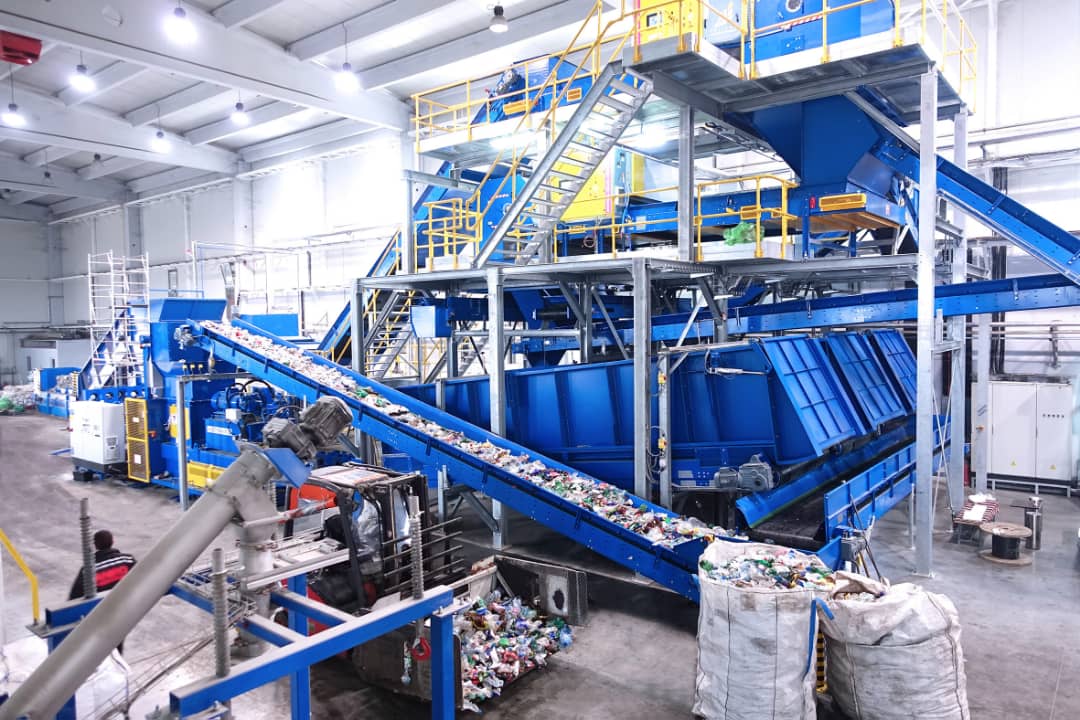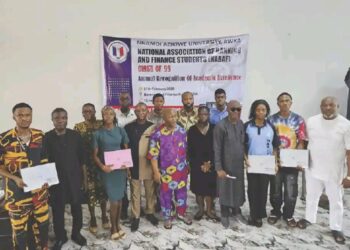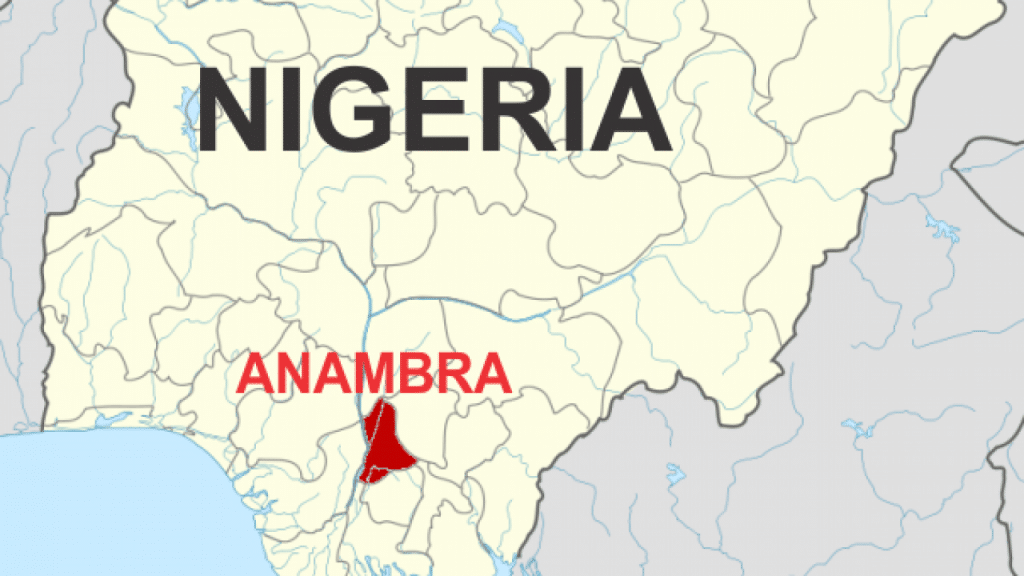AMAKAEZE MICHAEL
The rapid population growth, high urbanization, industrialization and economic growth rates in Anambra major cities have far reaching implications for waste generation and management. The result is a huge increase in the volume of waste generated daily. Awka, the capital city alone generates over 4000 tons of solid waste daily, out of which only 30% is collected. Most of the wastes are generated by households, and in some cases, by institutions, corporate organizations, local industries, artisans and traders which litter their immediate surroundings. Consequently, mounds of refuse become a regular sight, making our cities aesthically displeasing and in a perpetual state of visual devastation. Onitsha was recently named the dirtiest city by a WHO report. It is grossly polluted, not just in terms of air quality, but also solid waste that litters the streets, blocking drainages and canals. Heaps of unregulated refuse dumps occupy roadsides and street corners. Environmentalists and health professionals are afraid that this may cause a serious health emergency that may be difficult to contain.
It is in the light of this that the birthing of Chicason Recycling plant at Nnewi becomes a huge relief and a very welcome development. Chief Dr Alexander Chika Okafor, the CEO of the company has been a firm believer in the State’s undiminished capacity, investing heavily in industrial concerns in the State and playing a vital role in its economy. That is aside from the fact that he remains one of the most respected Igbo industrialists with investments in oil and gas, lubricants, soap manufacturing concern and real estate.

This novel investment is a plus to the quest for the State to align with global values on climate change and saving the earth, preventing damage to the earth’s ecosystem and maintaining a high quality of life for the inhabitants of the State. Plastic waste ends up in our rivers and oceans, affecting aquatic life and threatening an important source of food to humans. Essentially, this investment seeks to build an aspect of a new green economy in which economic growth is pursued alongside ensuring ecological sustainability. It is important to note that recycling isn’t a new concept to our people. For instance, peanuts are sold in used wine bottles and red oil is often sold in used plastic bottles. However, the sheer size of the waste generated daily makes an investment of this nature necessary in order to mop up the huge waste.
Furthermore, recycling is a local environmental activity but the globalization of demand for secondary raw materials has made it a big business. Certain waste can be collected separately, treated by advanced processes and then supplied as raw materials for high technology. Brewery and poultry waste can be turned into animal feed. Solid waste can be subjected to aerobic bacteria decomposition to produce manure and fertilizer, a valuable soil conditioner. Plastic bottles can be recycled and reused again and again. The potentials for wealth creation can be massive. Already, waste collection is becoming a big industry and a job creator. The next two years will see budding entrepreneurs with high net worth who are playing important role in waste management sector.
Again, the recycling plant is expected to employ about 4000 Anambra people. That is tantamount to turning waste to jobs, incentivizing people into adopting proper waste disposal for cash, turning waste into secondary raw materials for our use as well as preserving the environment. The multiplier effect is unimaginable. It is a new era in Anambra waste disposal and management, and our economy and planet will be better for it.





